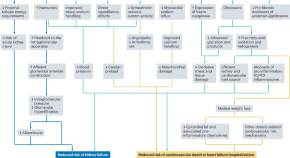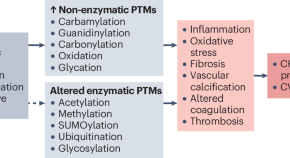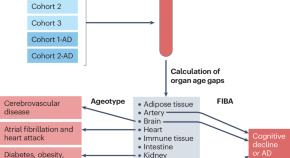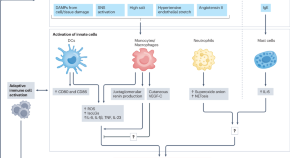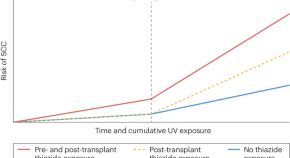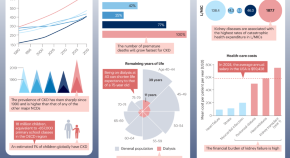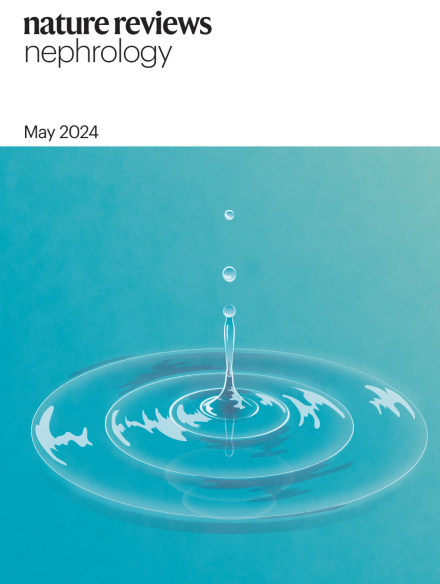
Advertisement
-
-

Spatial transcriptomics in health and disease
Spatially resolved transcriptomic technologies enable the mapping of transcripts at single-cell or near single-cell resolution in a multiplex manner. This Review describes current and emerging spatial transcriptomic methods, their applications of relevance to kidney biology and remaining challenges for the field.
-
-
Trending - Altmetric
-
Paradigms of acute kidney injury in the intensive care setting
-
Portable, wearable and implantable artificial kidney systems: needs, opportunities and challenges
-
Regulation of FGF23 production and phosphate metabolism by bone–kidney interactions
-
Pathogenic cellular and molecular mediators in lupus nephritis






